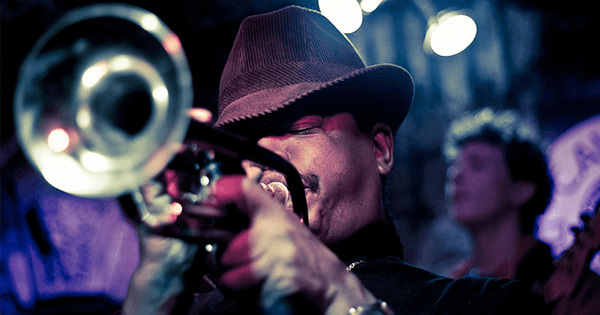
Sometime in my early 20s, I decided I ought to be the kind of person who listens to jazz and, to a lesser extent, classical music. For a long time, I invested only sporadic attention to that end. I more or less gave up on classical—or at least postponed a real engagement with it, just as I’d indefinitely put off finishing Proust—but jazz was something I continued to want to know about. In New York, once I started writing and began to take advantage of the opportunities for intellectual friendship and guidance the city offers, I sometimes had dinner with Stanley Crouch, a legendary writer and a tremendous authority on jazz. I read everything he wrote and spent hours listening to him speak, but I always left with the sense that he gleaned things from the form that to me would remain forever opaque. We fell out of touch when I moved away, but years later, in my 30s, some of my inner confusion began to resolve. The transitional recording for me was John Coltrane’s A Love Supreme. Suddenly, I could listen to it all day. From there, I branched out, taking genuine pleasure in the music, preferably cranked loud and given room to breathe (though it would be a lie to insist I ever preferred it to Jay Z). All at once, I became someone who thought of himself as into jazz.
I forgot about all this until the other day, when considering the case of my best friend. Over the past year or two (the blink of an eye in our 18-year friendship), he has made himself—seemingly through sheer will and, because he lives in Moscow, access to dirt-cheap, world-class performances—into a ballet and opera fiend. He has become a proselytizer for the music, wanting to take in performances wherever he goes and encouraging those around him to do the same. He has developed the deep emotion of the aficionado, which to the nonconnoisseur can seem bizarre. Somehow he’s gained access to whatever it is that still hovers just beyond my reach when it comes to jazz.
Thinking about his evolution made me consider the difference between appreciation and understanding of a form, and about the inner metamorphosis that happens when you pass from one level to the next. I don’t know how he did it, or if he would even claim that he has, but watching him has made me believe again that it’s possible.

